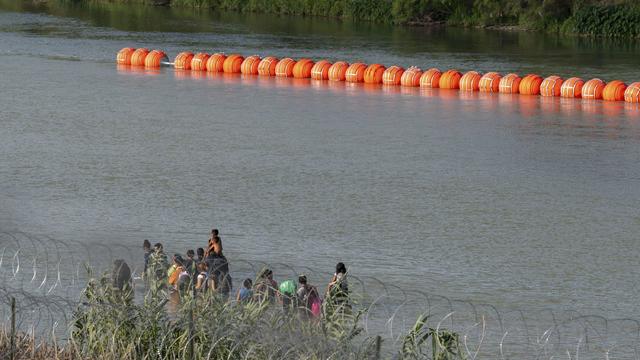
Feds threaten to sue Texas over floating border barriers in Rio Grande
In a statement on Twitter, Texas Gov. Greg Abbott appeared undeterred, saying, "We will see you in court, Mr. President."
Watch CBS News

Camilo Montoya-Galvez is the Immigration Correspondent at CBS News, where his reporting is featured across multiple programs and platforms, including national broadcast shows, CBS News 24/7, CBSNews.com and the organization's social media accounts.
Montoya-Galvez has received numerous awards for his groundbreaking and in-depth reporting on immigration, including a national Emmy Award, the Alfred I. duPont-Columbia University Award and several New York Emmy Awards.
Over several years, he has built one of the leading and most trusted national sources of immigration news, filing breaking news pieces, as well as exclusive reports and in-depth feature stories on the impact of major policy changes.
Montoya-Galvez was the first reporter to obtain and publish the names of the Venezuelan deportees sent by the U.S. to a notorious mega-prison in El Salvador, with little to no due process. Using that list, he co-produced a "60 Minutes" report that found most of the deported men did not have apparent criminal records, despite the administration's claims that they were all dangerous criminals and gang members. Montoya-Galvez was also the first journalist to interview Jennifer Vasquez Sura, the wife of Kilmar Abrego Garcia, who was wrongfully deported to El Salvador and imprisoned at the CECOT prison.
In 2025 alone, Montoya Galvez broke dozens of other exclusive stories. He disclosed the internal Trump administration plan to revoke the legal status of hundreds of thousands of migrants from Cuba, Haiti, Nicaragua and Venezuela; landed the first national network sit-down interviews with the current heads of ICE and Border Patrol; and obtained government data showing that illegal crossings along the U.S.-Mexico border in fiscal year 2025 plummeted to the lowest level since 1970 amid Trump's crackdown.
Montoya Galvez's North Star is to cover immigration with nuance and fairness, in a nonpartisan, comprehensive and compelling way that respects the dignity of those at the center of this story
Before joining CBS News, Montoya-Galvez spent over two years as an investigative unit producer and assignment desk editor at Telemundo's television station in New York City. His work at Telemundo earned three New York Emmy Awards. Earlier, he was the founding editor of After the Final Whistle, an online bilingual publication featuring stories that highlight soccer's role in contemporary society.
Montoya-Galvez was born in Cali, Colombia's third-largest city, and raised in New Jersey. He earned a bachelor's degree in Media and Journalism Studies and Spanish from Rutgers University.

In a statement on Twitter, Texas Gov. Greg Abbott appeared undeterred, saying, "We will see you in court, Mr. President."

The parents of 8-year-old Anadith Danay Reyes Alvarez told CBS News that their daughter died in Border Patrol custody because of negligence and discrimination.

An independent monitor said a "series of failures" by Customs and Border Protection employees and contractors resulted in the death of 8-year-old Anadith Danay Reyes Alvarez.
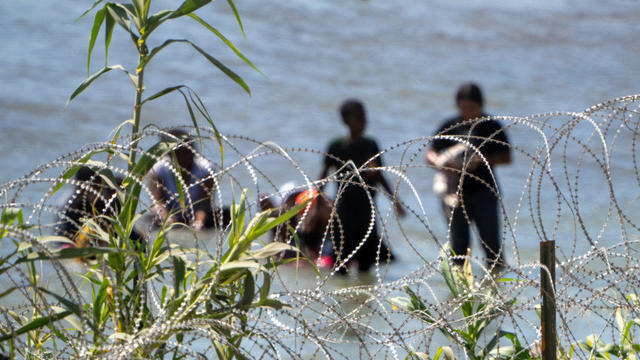
Efforts by Texas officials to deter illegal crossings along the U.S.-Mexico border have placed migrants at risk of drowning or being cut by razor wire, a Texas trooper alleged.
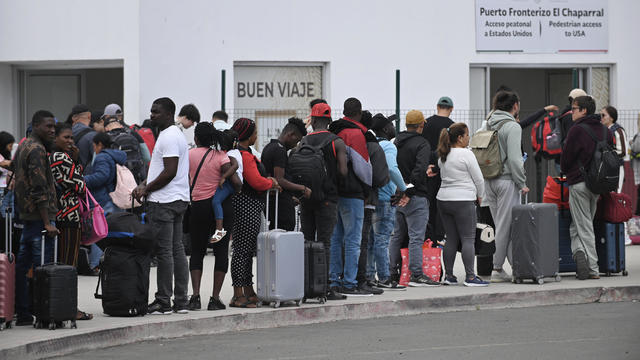
The Biden administration has used a little-known law to admit hundreds of thousands of Afghan evacuees, Latin American migrants and Ukrainian refugees in less than two years.
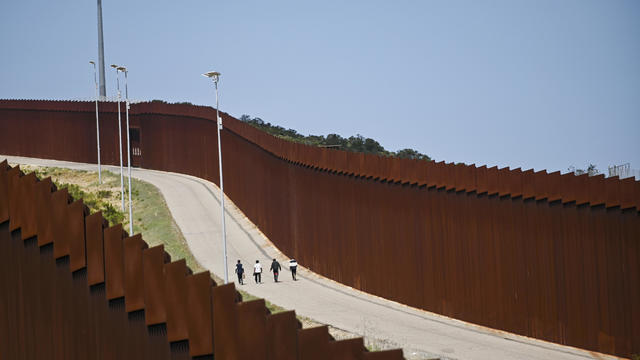
The last time Border Patrol apprehensions along the U.S.-Mexico border were lower was in February 2021, President Biden's first full month in the White House.
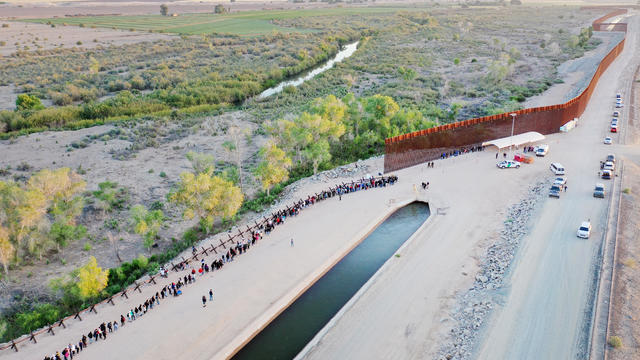
The girl from Guatemala with a pre-existing medical condition died in U.S. custody earlier this week after crossing the southern border in May.
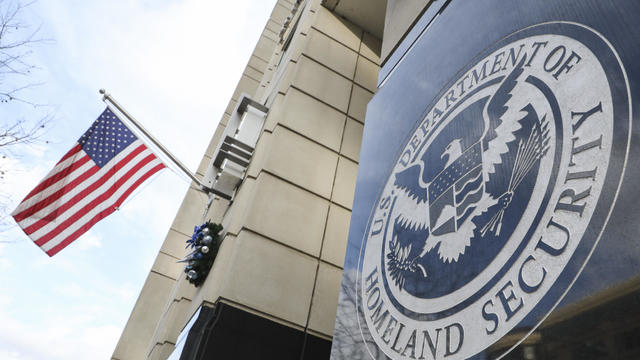
The Biden administration has made the expansion of legal migration a cornerstone of its revamped strategy to reduce unauthorized border crossings.
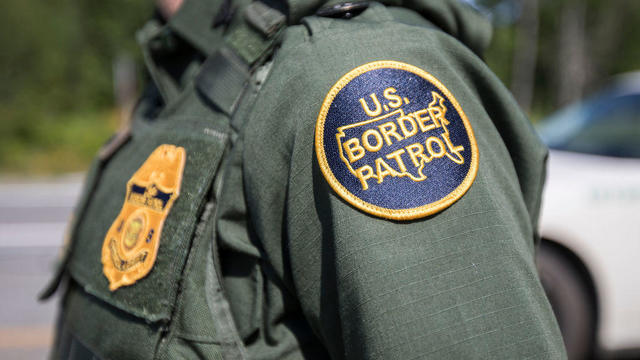
A report from the Department of Homeland Security's inspector general focused on the release of a migrant in 2022 who was later found to be on the FBI's terrorist watchlist.
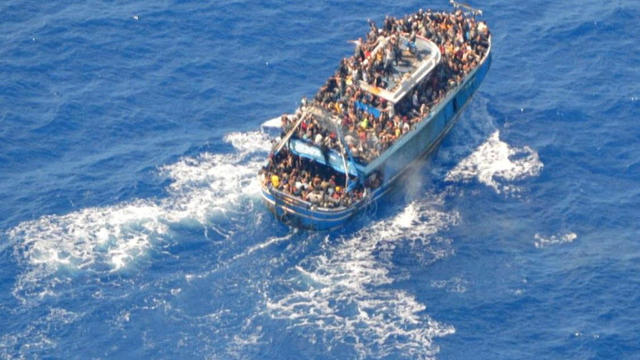
While 100 migrants were rescued at sea, Greek officials have confirmed over 80 drownings and roughly 500 people are still missing and feared to be dead.
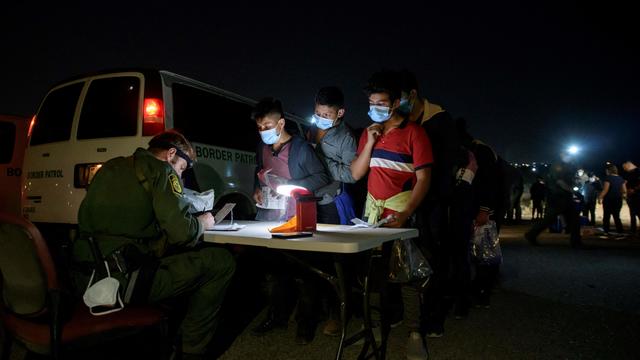
The former home of a boarding school, the campus will house migrant boys and girls between the ages of 13 and 17 who entered U.S. border custody without their parents.
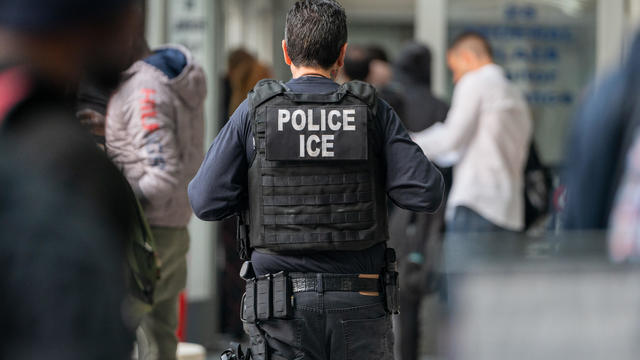
The court found that Texas and Louisiana, the two states that brought the suit, lacked standing to challenge the administration's guidelines.
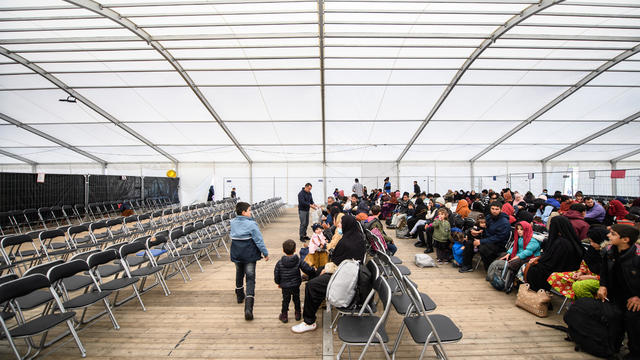
The boy was one of hundreds of Afghan children who arrived to the U.S. in 2021 without their parents after being evacuated from Afghanistan.
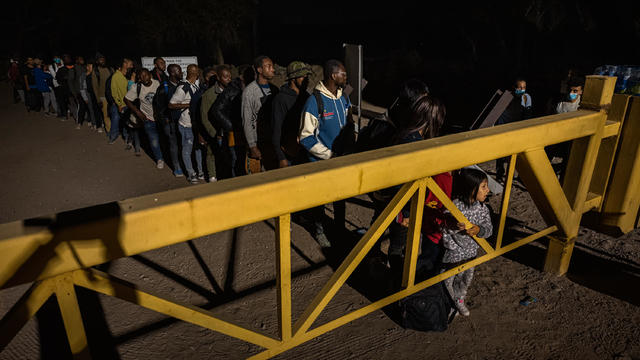
A proposal to give nearly 400,000 migrants the opportunity to live and work in the U.S. legally was not authorized due to concerns about triggering a spike in border crossings.
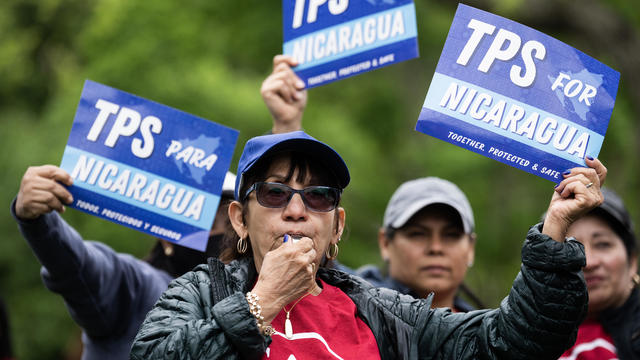
The move will allow 337,000 immigrants from El Salvador, Honduras, Nepal and Nicaragua to continue living in the U.S. under the Temporary Protected Status policy.